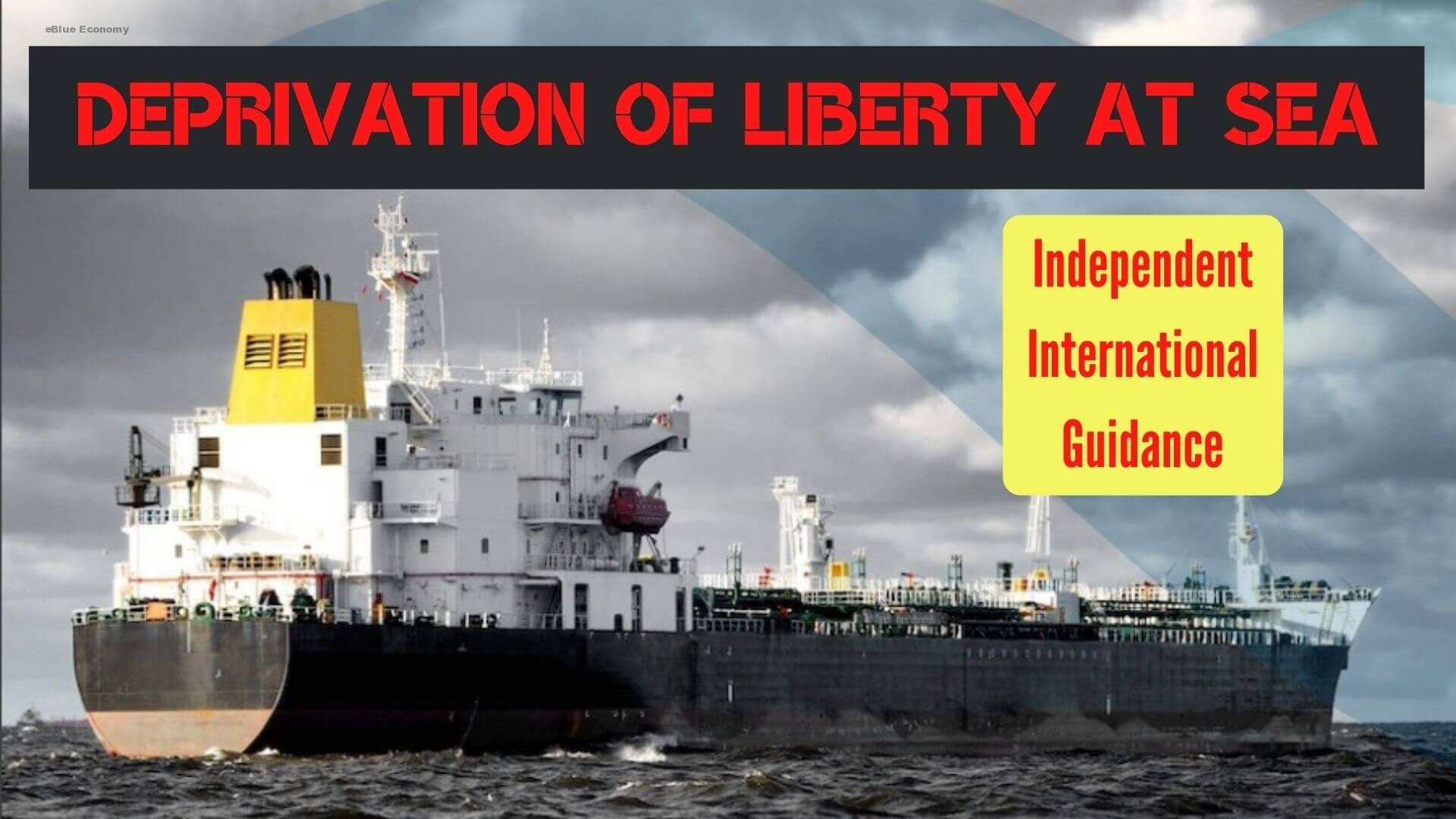London. UK. Triggered by today’s case of the detention by UK Special Forces from the Special Boat Service (SBS) of seven stowaways onboard the crude oil tanker the Nave Adromeda in UK territorial waters which had sailed from Lagos, Nigeria on 5 October; tonight, Human Rights at Sea brings forward its publication for updated independent international guidance covering ‘Deprivation of Liberty on board Private Ships‘.
The Nave Andromeda (IMO: 9580405) is owned by Greek shipping company Navios. It was en route from Lagos in Nigeria to Fawley oil refinery on Southampton Water.
The new publication should be read alongside the 2015 EU-funded Deprivation of Liberty at Sea international guidance which remains extant and applicable for Shipmasters, crew and Privately Contracted Armed Security Personnel (PCASP).
The Threshold of ‘Deprivation of Liberty’
The guidance introduces a typology of potential instances of deprivation of liberty (DoL) on board private ships. Whether a specific situation amounts to deprivation of liberty, and not to a mere restriction of liberty or even no restriction of movement at all, can only be assessed with regard to a specific case.
[doc id=41704]Generally, three elements must be present for a measure or situation to amount to a deprivation of liberty: space (confinement to a specific place or area), coercion (the person does not consent to be confined to that space) and time (the confinement in that space lasts for a certain time). These three elements are interdependent and must be assessed together.
Armed Security Personnel
The focus of the ‘2015 DoL Guidance’ is on criminal suspects, who are deprived of their liberty by Shipmasters, Crew and/or Privately Contracted Armed Security Personnel (PCASP) up until their handover to competent law enforcement officials for investigation and prosecution purposes. Among the scenarios highlighted in the ‘2015 DoL Guidance’ figure the detention of persons suspected of trafficking in human beings, or of engaging in an act of piracy














